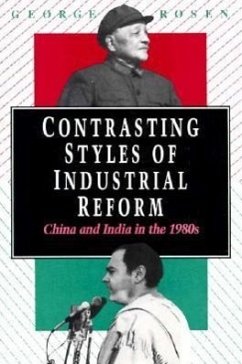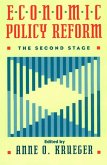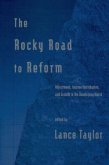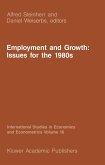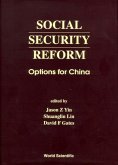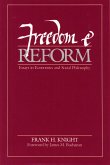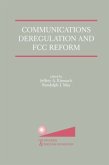Since World War II, China has had a command economy administered under a dictatorship, while India's democracy has introduced a highly regulated economy. Despite obvious differences in their political systems, each country endured remarkably similar economic problems with respect to industry during the 1960s and 1970s. Both embarked in the 1980s on a series of industrial reforms designed to improve technology and efficiency in the use of resources, as well as to stimulate industrial growth in the face of declining productivity. For economists, the two countries offer an interesting test case for examining similar reform programs launched from disparate political and economic systems. For policy-makers concerned with the region's stability, a clear view of the economic futures of these two major powers is paramount. Examining and comparing the reform experiences of China and India up to the present, George Rosen shows that although China enacted more sweeping reform measures and produced more impressive local growth, it also experienced more significant inflationary spurts. Two-thirds of each nation's population was involved in agriculture at the start of the reform period and nearly that many at the conclusion. Ultimately, the effects of the past industrial reforms in both countries in terms of significantly greater industrial employment or well-being of their populations were limited. An important lesson in these findings, argues Rosen, is that they actually reveal more about the political factors that limit and shape economic policy reforms in a dictatorship or democracy than they confirm the virtues of either capitalism or communism.
Hinweis: Dieser Artikel kann nur an eine deutsche Lieferadresse ausgeliefert werden.
Hinweis: Dieser Artikel kann nur an eine deutsche Lieferadresse ausgeliefert werden.

